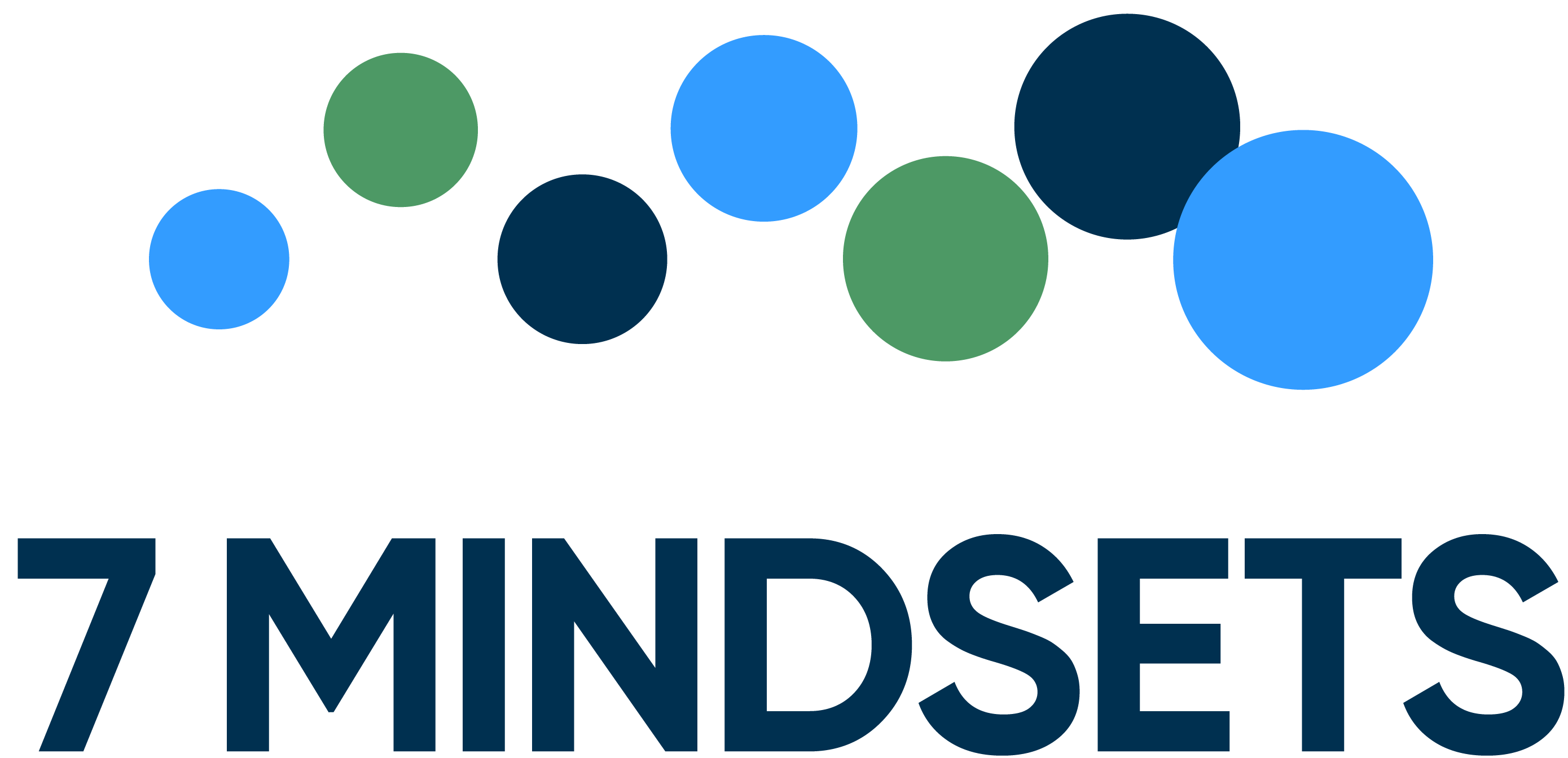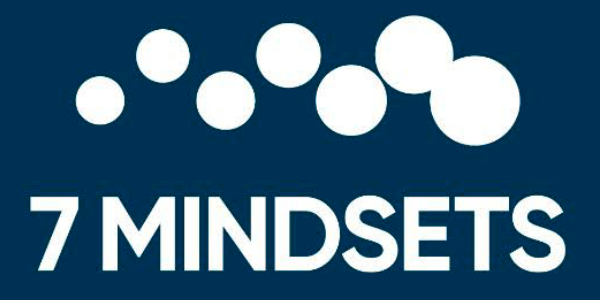What is a social-emotional learning (SEL) coach, and why should your school have one? An SEL coach helps organize the people, resources, and tasks needed for successful SEL implementation in K-12 schools. Sometimes there is resistance to implementing social-emotional learning. This pushback is one reason why your school needs an SEL coach. It is the SEL coach who helps educators understand the positive outcomes and works toward resolving barriers that may come up during implementation, barriers that can delay or even stops any innovation from occurring due to misunderstanding or lack of prioritization.
Decades of research demonstrate the efficacy of social-emotional learning. Still, it is only effective and sustained if it is integrated across grade levels, if it is a whole-school approach that infuses SEL into practices and policies, if there is ongoing training and consultation, and if it provides engagement with families and community partners in the program selection, refinement, and improvement and reinforcement of skill development at home (Brackett, Bailey, Hoffman & Simmons, 2019). An SEL coach can work with their schools to develop sustainable processes and practices.
There are many ways the SEL coach can add value to your school. In The SEL Coach: Planning and Implementation Resources for Social Emotional Learning Leaders, I elaborate on six roles the SEL coach can play in your school.
1. Be the “face” of your SEL implementation.
When implementing any change in a school system, there will be questions and concerns. The SEL coach can be a “go-to” person in the system to provide resources and support to educators engaging in this new level of skill development. SEL coaches look at the micro and macro level outcomes of different practices and develop partnerships across the school system to develop goals and action plans.
2. Work alongside educators in teaching, practicing, and modeling social and emotional competencies.
One of the primary goals of the SEL coach is to help educational stakeholders learn and be able to implement SEL practices and interventions effectively. They teach and model effective practices teachers can use in their classrooms, using varied coaching techniques based on individual needs.
3. Monitor progress and aid in the decision-making process.
To improve student outcomes, schools must strategically measure and monitor the progress of their SEL implementation. The SEL coach helps analyze SEL assessment data to determine whether students improve social and emotional competencies due to implementation.
4. Engage staff in learning and advocating for their needs in the process of SEL implementation.
The SEL Coach can lead professional development sessions and train educational stakeholders on effective SEL practices to create awareness and understanding of core SEL concepts. The SEL Coach uses multiple modalities to keep educators engaged.
5. Share practices used by different stakeholders throughout the system.
Communication is essential for your SEL implementation. The SEL coach listens actively, summarizes, and makes actionable the things that the stakeholders need. This position is designed to work within collaborative relationships with different individuals and teams throughout the school.
6. Empower other educators through teaming.
The SEL Coach works to establish the commitment of team members at your school. The SEL team is another crucial component of implementation. Teams are responsible for determining practices that likely have the best outcomes to meet student and staff needs. The SEL Coach is responsible for creating an environment that is supportive and focused on achieving school goals.
When learning about social-emotional learning, we develop a new schema or way of thinking about our students. We are helping to promote an understanding of how social and emotional competencies impact students’ personal and academic lives. The SEL Coach can support new understandings and practices that benefit ALL in your education system.
Are you interested in learning more about SEL coaches and their roles in schools? View our webinar, “What Does an SEL Coach Do?” with guest speaker Jennifer Rogers!




